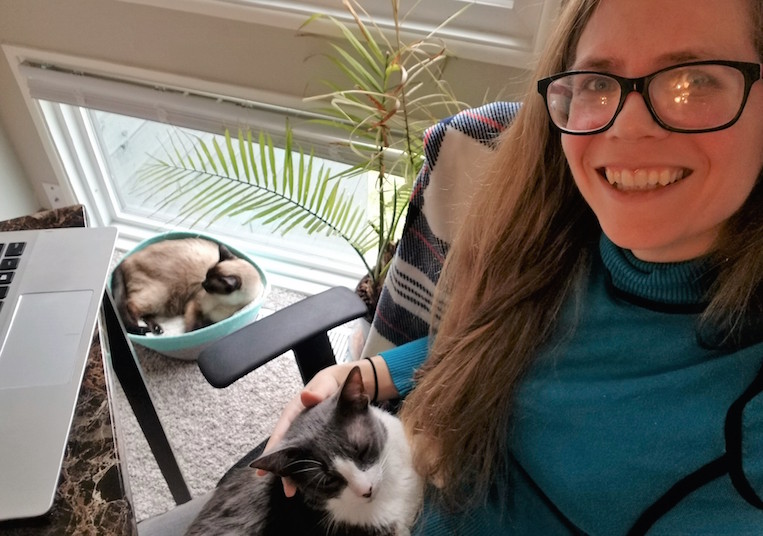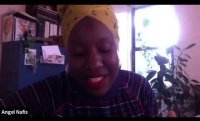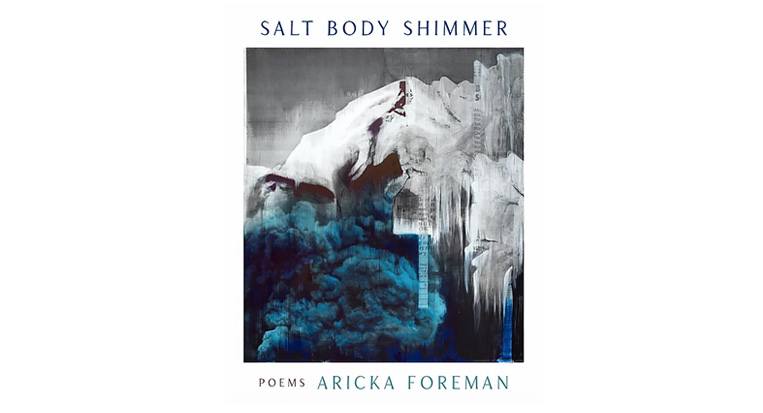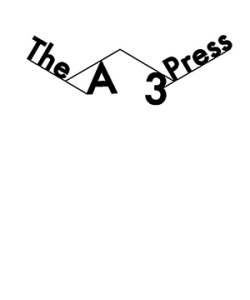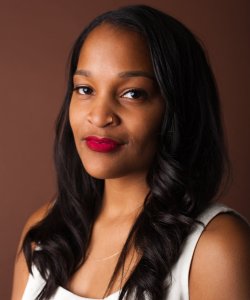Upcoming Contest Deadlines
Close out the month by submitting to contests with deadlines of June 30 or July 1. These national and international awards are given for poetry, fiction, nonfiction, and hybrid work. All offer cash prizes ranging from $1,000 to as much as $100,000.
Autumn House Press Literary Prizes: Three prizes of $1,000 each and publication by Autumn House Press are given annually for a poetry collection, a book of fiction, and a book of creative nonfiction. Each winner also receives a $1,500 travel and publicity grant. Ilya Kaminsky will judge in poetry, Dan Chaon will judge in fiction, and Jaquira Díaz will judge in nonfiction. All entries are considered for publication. Deadline: June 30. Entry fee: $30.
Claremont Graduate University Kingsley & Kate Tufts Poetry Awards: The $100,000 Kingsley Tufts Poetry Award is given annually to honor a book of poetry by a midcareer U.S. poet. The winner spends one week in residence at Claremont Graduate University in California. The $10,000 Kate Tufts Discovery Award is given annually to honor a first book of poetry by “a poet of genuine promise.” Deadline: July 1. Entry fee: none.
Feminist Press/TAYO Literary Magazine Louise Meriwether First Book Prize: A prize of $5,000 and publication by the Feminist Press is given annually for a debut book of fiction or narrative nonfiction by a woman of color or a nonbinary writer of color. Deadline: June 30. Entry fee: none.
Finishing Line Press New Women’s Voices Chapbook Competition: A prize of $1,000 and publication by Finishing Line Press is given annually for a poetry chapbook by a woman who has not yet published a full-length collection. Leah Maines will judge. Deadline: June 30. Entry fee: $16.
Futurepoem Other Futures Award: A prize of $1,000, publication by Futurepoem, and 25 author copies will be given annually for a book of poetry, fiction, nonfiction, or hybrid-genre work. The editors will judge. Deadline: July 1. Entry fee: $28.
Hidden River Arts William Van Wert Memorial Fiction Award: A prize of $1,000 and publication in Hidden River Review of Arts & Letters is given annually for a short story or a novel excerpt. Deadline: June 30. Entry fee: $17.
Nuclear Age Peace Foundation Barbara Mandigo Kelly Peace Poetry Award: A prize of $1,000 and publication on the Nuclear Age Peace Foundation website is given annually for a single poem that explores “positive visions of peace and the human spirit.” Deadline: July 1. Entry fee: $15.
The Moth International Short Story Prize: A prize of €3,000 (approximately $3,364) is given annually for a short story. A prize of a weeklong retreat at Circle of Missé in Missé, France, with a €250 (approximately $281) travel stipend, and a prize of €1,000 (approximately $1,122) are also given. The winners will all be published in the Moth. Mark Haddon will judge. Deadline: June 30. Entry fee: €15 (approximately $17).
University of North Texas Press Katherine Anne Porter Prize: A prize of $1,000 and publication by University of North Texas Press is given annually for a collection of short fiction. Deadline: June 30. Entry fee: $25.
University of Pittsburgh Press Drue Heinz Literature Prize: A prize of $15,000 and publication by University of Pittsburgh Press is given annually for a collection of short fiction. Writers who have published at least one previous book of fiction or a minimum of three short stories or novellas in nationally distributed magazines or literary journals are eligible. Deadline: June 30. Entry fee: none.
Visit the contest websites for complete guidelines, and check out the Grants & Awards database and Submission Calendar for more contests in poetry, fiction, and creative nonfiction.





